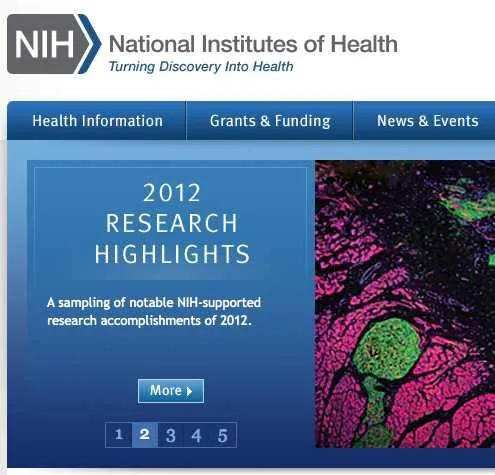Doctor Internet

The Pew Research Center recently released a report on American use of the Internet for health information. As might be expected, many of us have added the Internet to our sources of information, both from health care websites and for peer-to-peer conversations.
According to Health Online 2013:
"81 percent of U.S. adults use the internet and 59 percent say they have looked online for health information in the past year. 35 percent of U.S. adults say they have gone online specifically to try to figure out what medical condition they or someone else might have."
It is, however, difficult to evaluate the accuracy or utility of information found online. The report doesn't differentiate between Internet destinations; the information could come from the National Institute of Health or the Mayo Clinic, or it could come from a wrongheaded or crackpot site. Nevertheless, a lot of information seems to be valid, and over one-third of site visitors relied solely on the information posted. As the report says:
- 41 percent of online diagnosers say a medical professional confirmed their diagnosis.
- 35 percent say they did not visit a clinician to get a professional opinion.
- 18 percent say they consulted a medical professional and the clinician either did not agree or offered a different opinion about the condition.
But not everyone uses the Internet for health information, and the breakdown is surprising: women more than men, younger people, white adults, college and advanced degrees, and people in households with incomes over $75,000. In addition, half of smartphone owners use the device to look up health information.
Health Online 2013 (Pew Research Center, Jan. 15, 2013)
CWA members oppose AT&T’s attempts to stop serving rural and low-income communities in California
CWA urges FCC to deny industry attempts to loosen pole attachment standards
CWA District 6 reaches agreement with AT&T Mobility



